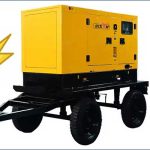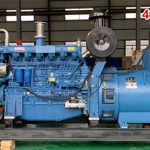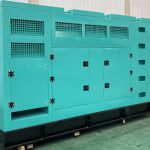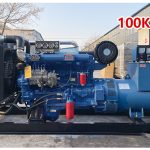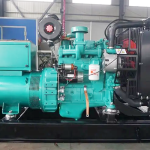A diesel generator is a device that uses diesel as fuel to drive a generator set to generate electricity. When considering power solutions, diesel generators are generally more expensive than gasoline generators. Understanding the reasons behind this pricing can help consumers make an informed decision. In this article, we will take a deep dive into the various factors that contribute to the higher cost of diesel generators.
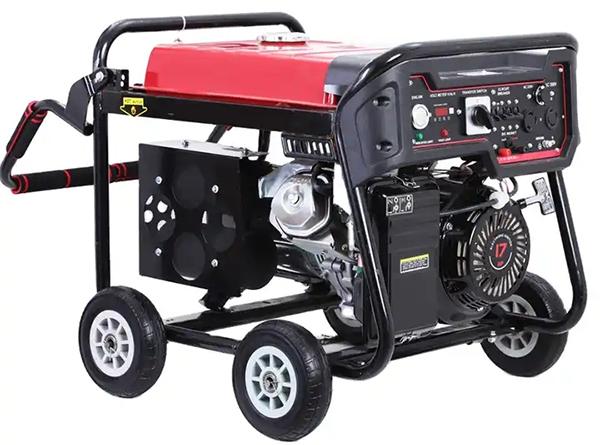
1. Manufacturing Quality
One of the primary reasons diesel generators are more expensive is the quality of materials and engineering involved in their manufacturing. Diesel engines are typically built to endure higher pressures and temperatures, requiring robust components that can withstand these conditions. As a result, the materials used in diesel generators, such as heavy-duty metals and advanced insulation, contribute to the overall cost.
2. Fuel Efficiency
Fuel efficiency is another significant factor influencing the price of diesel generators. Diesel engines are inherently more efficient than gasoline engines, offering better fuel economy. This efficiency means that, over time, users may save money on fuel costs, justifying the higher initial investment. Consequently, many consumers are willing to pay more upfront for the long-term savings associated with diesel fuel efficiency.
3. Longevity and Durability
In general, diesel generators have a longer lifespan than their gasoline counterparts. Due to their robust construction and superior engineering, diesel generators can operate for thousands of hours without significant wear and tear. This longevity translates to a better return on investment over time, making the higher price more palatable for many buyers.
4. Maintenance and Repair Costs
While diesel generators require regular maintenance, the costs associated with maintaining these units can be lower in the long run. Diesel engines typically have fewer moving parts compared to gasoline engines, which can result in lower repair costs. However, the expertise required for servicing diesel generators may command higher labor rates, which can influence overall expenses.
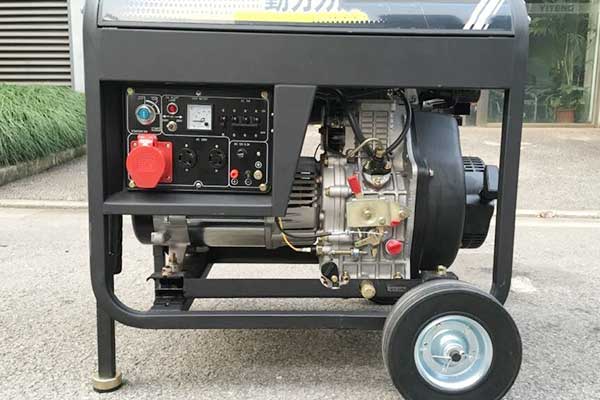
5. Power Output
When comparing generators, diesel models generally offer higher power outputs. This capability is particularly advantageous for industrial and commercial applications where significant energy demands exist. The ability to provide sustained, reliable power makes diesel generators a preferred choice for many businesses, justifying their higher price point.
6. Safety Features
Diesel generators often come equipped with advanced safety features, such as automatic shutdown systems and enhanced cooling mechanisms. These features not only ensure the safe operation of the generator but also prolong its lifespan. However, the inclusion of these technologies contributes to the higher initial cost, reflecting the value placed on safety and reliability.
Conclusion
In conclusion, several factors contribute to the higher price of diesel generators, including manufacturing quality, fuel efficiency, longevity, and safety features. While the initial investment may be significant, the long-term benefits often justify the cost. By understanding these factors, consumers can make informed decisions that align with their power needs and financial goals.






